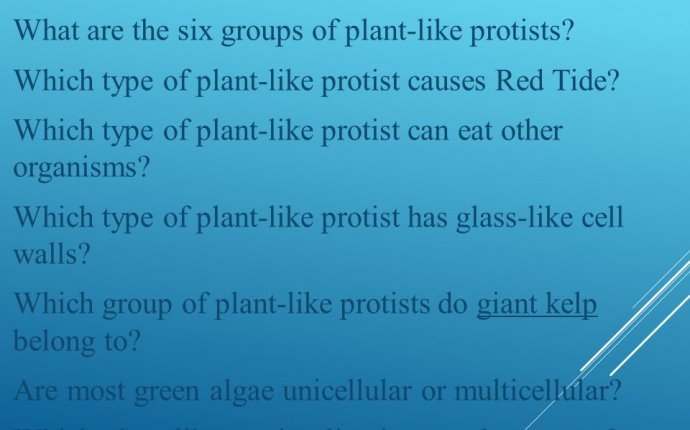
What Type of Organism is Plant like?
 Corals are sessile animals that "take root" on the ocean floor. It's no wonder that many people think corals are plants!
Corals are sessile animals that "take root" on the ocean floor. It's no wonder that many people think corals are plants!
Corals are sessile, which means that they permanently attach themselves to the ocean floor, essentially "taking root" like most plants do. We certainly cannot recognize them by their faces or other distinct body parts, as we can most other animals.
So what exactly are corals?
Corals actually comprise an ancient and unique partnership, called symbiosis, that benefits both animal and plant life in the ocean. Corals are animals, though, because they do not make their own food, as plants do. Corals have tiny, tentacle-like arms that they use to capture their food from the water and sweep into their inscrutable mouths.
Most structures that we call "coral" are, in fact, made up of hundreds to thousands of tiny coral creatures called polyps. Each soft-bodied polyp—most no thicker than a nickel—secretes a hard outer skeleton of limestone (calcium carbonate) that attaches either to rock or the dead skeletons of other polyps.
In the case of stony or hard corals, these polyp conglomerates grow, die, and endlessly repeat the cycle over time, slowly laying the limestone foundation for coral reefs and giving shape to the familiar corals that reside there. Because of this cycle of growth, death, and regeneration among individual polyps, many coral colonies can live for a very long time.
Most corals contain algae called zooxanthellae (pronounced zo-UH-zan-thuh-lay), which are plant-like organisms. Residing within the coral's tissues, the microscopic algae are well protected and make use of the coral's metabolic waste products for photosynthesis, the process by which plants make their own food.
The corals benefit, in turn, as the algae produce oxygen, remove wastes, and supply the organic products of photosynthesis that corals need to grow, thrive, and build up the reef.
More than merely a clever collaboration that has endured between some of the tiniest ocean animals and plants for some 25 million years, this mutual exchange is the reason why coral reefs are the largest structures of biological origin on Earth, and rival old-growth forests in the longevity of their ecological communities.



